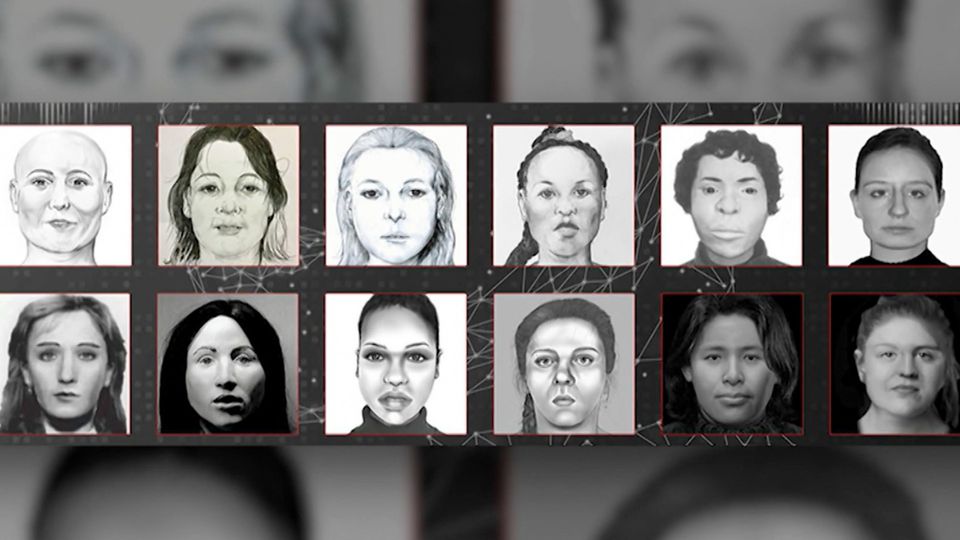anniversary
100 years of Interpol: A global police organization with an image problem
Interpol’s headquarters are in Lyon, France
© Wallace Woon/EPA FILE/DPA
Better fight crime through international cooperation: This is why the predecessor of Interpol was founded 100 years ago. Above all, the “Red Notices” are known – and recurring, negative headlines.
Crime is international, and combating it must also be: The predecessor organization of was born out of this thought 100 years ago Interpol. With 195 member countries, Interpol is now the world’s largest police organization, and its huge databases are searched billions of times a year. But human rights activists complain: the Lyon-based organization allows itself to be exploited by autocrats to persecute opponents. And some personal details have not presented Interpol in the best light in recent years.
Turbulent first years
A look back: in 1923 the Vienna police chief Johannes Schober invited to a congress attended by 20 countries, including Germany. The International Criminal Police Commission was established there on September 7th. Then, in 1938, the Nazis seized control of the institution. After the Second World War, the organization was revived under the name Interpol, with its headquarters in France from then on. In 1956 it received modernized statutes. In 1989, after stops in Paris and Saint-Cloud, Interpol moved to Lyon.
According to historian Jens Jäger from the University of Cologne, it is disputed how important Interpol is for fighting crime a century after it was founded. The mutual exchange of data is central. But: “Of course, Interpol has the problem that it can only work if the member states are cooperative and participate,” explains Jäger. “And it’s a big machine, which is also a bit cumbersome.” Smaller groups would find it easier to agree on common goals, strategies and issues.
The German Interior Minister Nancy Faeser (SPD) is convinced: “Interpol makes our world safer. With its 195 member states, Interpol is now an important pillar of the international security architecture.” Without this organization, according to Faeser, criminals could simply flee across national borders to avoid prosecution.
On the other hand, Interpol is considered independent by many countries, so they are more willing to cooperate. Interpol Secretary General Jürgen Stock, former deputy of the Federal Criminal Police Office (BKA), emphasizes that the obligation to independence and neutrality has remained the same even after 100 years. “Our efficiency in international police cooperation depends on it.”
Monkee Mickey Dolenz
Pop legend sues US police for access to the files: the surprising list of celebrities with FBI files
Criticism of Interpol by “Red Notices” and autocrats
The manhunts with a “red notice” are particularly well known. This allows a country to call for a person to be located and provisionally arrested. It’s not an international arrest warrant. Interpol controls the cooperation, each country decides for itself how to deal with a case.
Human rights organizations such as FairTrial accuse Interpol of autocratic states being able to use the tool to persecute opposition figures abroad. The case of the Cologne writer Dogan Akhanli (1957-2021), for example, caused a stir. At the instigation of Turkey, he was temporarily arrested while on vacation in Spain in the summer of 2017 and was only released under certain conditions. He was not allowed to leave the country, had to surrender his passport and report regularly to the Spanish authorities. He was threatened with extradition to Turkey, where authorities accused him of involvement in a robbery and murder. The federal government at the time was critical of the process.
Today, Interpol says of the criticism that all requests went through a robust review process. According to Stock, there is a misperception that a high number of non-compliant requests for “Red Notices” were received. “That’s just not the case.” Ultimately, more than 95 percent of these requests are compliant.
But: Interpol does not check whether the allegations against the wanted persons are justified, only whether the inquiries are in line with Interpol’s rules. Historian Jäger analyses: “In fact, Interpol lacks some of the resources to check or critically appreciate such inquiries.” FairTrial also states that despite the testing task force set up in 2016, states could still abuse Interpol’s systems. Jäger admits that Interpol is trying to put a stop to the abuses. “But in my view, that will never really be possible.”

Negative headlines scratch the image
The headlines produced by some of the organization’s presidents are likely to have been rather unpleasant for Interpol. Allegations of torture were made against current incumbent Ahmed al-Raisi from the United Arab Emirates before his election. The day-to-day work is managed by the Secretary General. However, the President oversees the work of the General Secretariat and chairs the General Assembly of Member States.
In 2018, then-President Meng Hongwei was arrested in China after admitting to having accepted bribes, according to the court. A decade earlier, South African Jackie Selebi, who had been accused of corruption, resigned as Interpol President. Even if the cases don’t necessarily go back to the tenure at Interpol, Jäger says: “As far as that goes, Interpol’s image is definitely damaged.”

